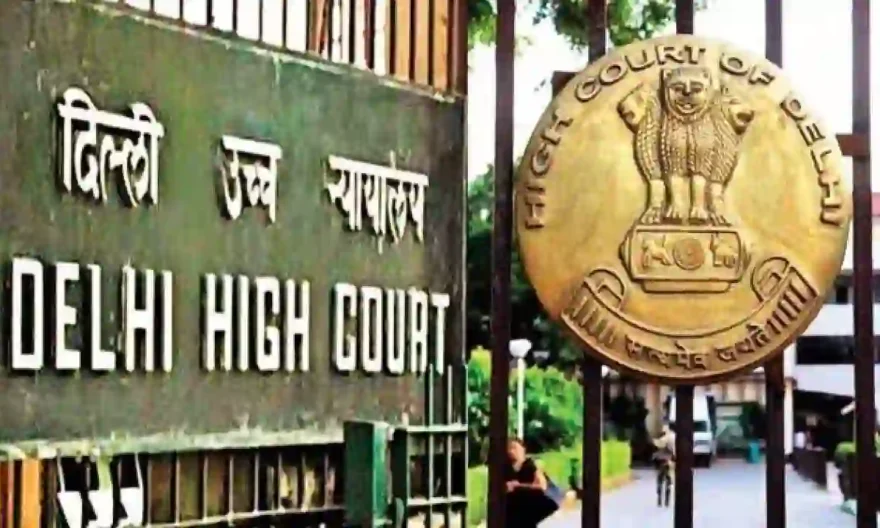
The Delhi High Court on Friday issued notice to centeral government and Delhi government on a plea moved by Delhi Commission for Protection of Child Rights (DCPCR) challenging the constitutional validity of clauses related to social background report and social investigation report of the Juvenile Justice (Care and Protection of Children) Model Rules, 2016.
The division bench of Justices Mukta Gupta and Poonam A. Bamba issued notices to the Ministries of Women and Child Development, Law and Justice, and the Delhi government. The Court has ordered them to file their affidavits within four weeks and has scheduled a hearing for March 28, 2023.
The petitioner questions the constitutionality of Clauses 21 and 24 of Form 1 (Social Background Report) and Clauses 42 and 43 of Form 6 (Social Investigation Report for Children in Conflict with the Law) of the Juvenile Justice (Care and Protection of Children) Model Rules, 2016.
The petition stated: “As per Clauses 21 and 24 of Form 1 (Social Background Report), the Child Welfare Police Officer is required to note the reason for the alleged offence and the alleged role of the child in the offence.”
According to the DCPCR, these clauses violate Articles 14, 20, and 21 of the Indian Constitution by authorising the child’s confession. It amounts to testimonial compulsion because they force a child to testify against himself and convict himself.
These Clauses of Forms 1 and 6 of the JJ Model Rules, 2016 thus authorise extracting a confession from the child in violation of Article 20(3) of the Indian Constitution, the plea said
It is submitted that these Clauses cannot remain in the form on the grounds stated in the present Writ Petition.
According to the petition, these are liable to be struck down and declared unconstitutional on the grounds that the forms are antithetical to the Right Against Self-incrimination guaranteed under Article 20(3) of the Indian Constitution and amount to testimonial compulsion because they compel a child to be a witness against himself and criminate himself.
The petition has asked for a declaration that these forms are unconstitutional and void, as they violate Articles 14, 20, and 21 of the Indian Constitution.




